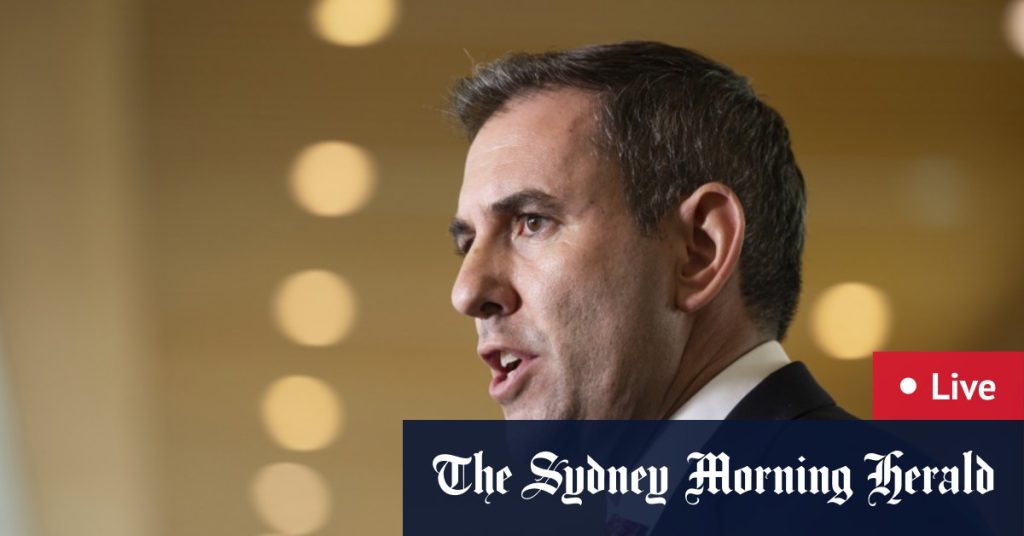European Union leaders met in Brussels to discuss increasing sanctions against Iran in response to the missile and drone attack on Israel. The attack has raised concerns about the possibility of a broader conflict in the Middle East. This meeting marks the first gathering of the EU’s 27 national leaders since the incident, which occurred during the ongoing war between Israel and Hamas, a Palestinian militant group supported by Iran. While Israel has indicated that it will retaliate, the EU has called for restraint from Israel and is considering tightening sanctions on Tehran.
French President Emmanuel Macron emphasized the need to expand sanctions on Iran and target those involved in the production of drones and missiles used in the attack. German Chancellor Olaf Scholz stressed the importance of Israel avoiding a large-scale response of its own. The leaders were expected to issue a statement condemning the Iranian attack, affirming their support for Israel’s security, and calling for measures to prevent further escalation, including in Lebanon. The EU’s response to the attack reflects a delicate balance between supporting Israel and de-escalating tensions in the region.
The Israeli Iron Dome air defence system was deployed to intercept missiles fired from Iran, highlighting the escalating conflict and the threat posed by Iran’s military capabilities. The attack has prompted urgent discussions among world powers to prevent further violence and maintain stability in the region. The EU’s consideration of increased sanctions against Iran is part of a broader effort to address the root causes of the conflict and prevent further attacks on Israel. The leaders’ focus on condemning the attack and supporting Israel’s security underscores the need for a coordinated international response to address the escalating crisis in the Middle East.
The EU leaders’ discussions also touched on the situation in Lebanon, where tensions have been heightened by the conflict between Israel and Iran. The draft statement seen by Reuters indicates a call for all parties to avoid actions that could exacerbate tensions in Lebanon and the wider region. The EU’s engagement with the Lebanese situation reflects a broader concern about the potential spillover effects of the conflict between Israel and Hamas, as well as the need to address regional instability. By urging all sides to prevent further tensions, the EU leaders are seeking to promote dialogue and de-escalation in the midst of a volatile situation.
The European Union’s response to the Iranian attack on Israel underscores the complex dynamics at play in the Middle East and the challenges of maintaining peace and security in the region. The EU leaders’ discussions on tightening sanctions on Iran reflect a commitment to holding those responsible for the attack accountable and preventing further aggression. The focus on condemning the attack, supporting Israel, and urging restraint highlights the delicate balance of navigating the Israeli-Iranian conflict while avoiding a wider regional war. As world powers grapple with the implications of the attack, the EU’s role in promoting dialogue and de-escalation will be crucial in shaping the future trajectory of the conflict and preventing further violence in the Middle East.
Overall, the EU leaders’ meeting in response to the Iranian attack on Israel underscores the urgency of addressing the ongoing conflict in the Middle East and preventing further escalation. By considering increased sanctions on Iran and calling for restraint from all parties, the EU is taking steps to de-escalate tensions and promote stability in the region. The focus on condemning the attack, supporting Israel’s security, and calling for dialogue reflects the EU’s commitment to addressing the root causes of the conflict and preventing further violence. As world powers continue to navigate the complex dynamics of the Israeli-Iranian conflict, the EU’s role in promoting peace and security in the region will be essential in shaping the future outcome of the crisis.


